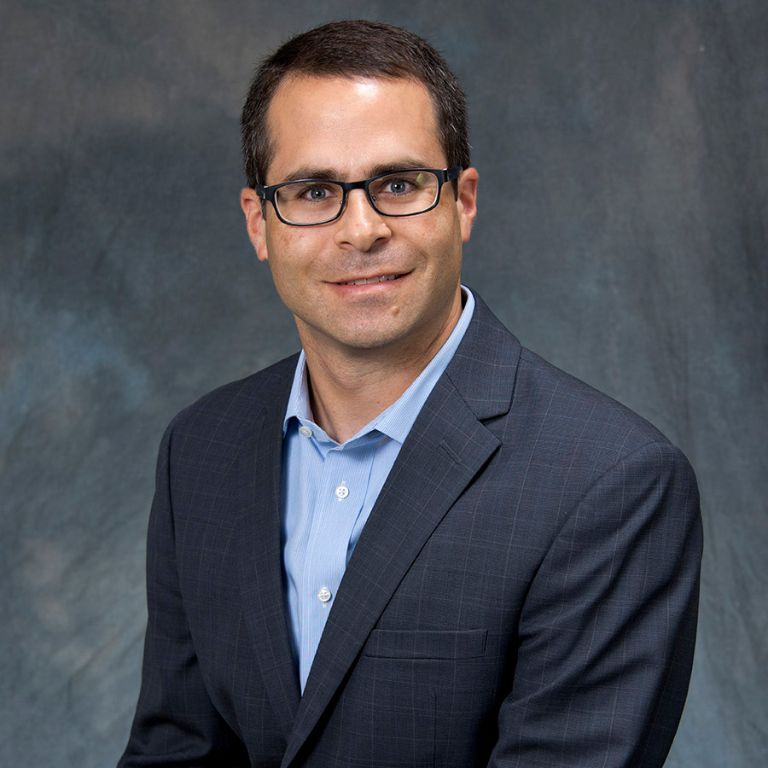White House officials, governors and mayors have all turned to scientists and their computer models to understand how the coronavirus has been racing across the country, leaving tens of thousands of people dead and waves of grief in its wake.
In this life-and-death emergency, modeling has become part of the national lexicon and "Flatten the curve," has become a household phrase.
Even President Trump, albeit belatedly and haltingly, relied on modeling to make social distancing recommendations, despite his well-known distrust of scientific expertise.
But Trump has never even reluctantly embraced modeling on climate change, despite the overall accuracy of at least 17 major warming forecasts going back 50 years. And it's unlikely that he will anytime soon, no matter how accurate the Covid-19 modeling turns out to be.
In the case of climate change, there is uncertainty inherent whenever scientists make assumptions based on incomplete data. That makes modeling an easy target for critics, including Trump, who downplay the impact of the coronavirus and deny the reality of global warming.
"The effects of Covid-19 are immediate and direct, whereas most of the effects of climate change are longer-term and indirect," said Indiana University professor David Konisky, whose research focuses on U.S. environmental and energy policy.
And attitudes toward climate change have become part of people's political identity after decades of science denialism financed by the fossil fuel industry, in a way that the pandemic's threat to public health and safety has not, he said.
"It is easier for Republican politicians to dismiss climate modeling because that is the expected way for Republicans to treat climate science," Konisky said. "This has been fostered by decades of misinformation that has emphasized the uncertainty of models, rather than their accuracy in predicting temperatures and other outcomes."
Additional coverage by WFPL and the Courier Journal.



